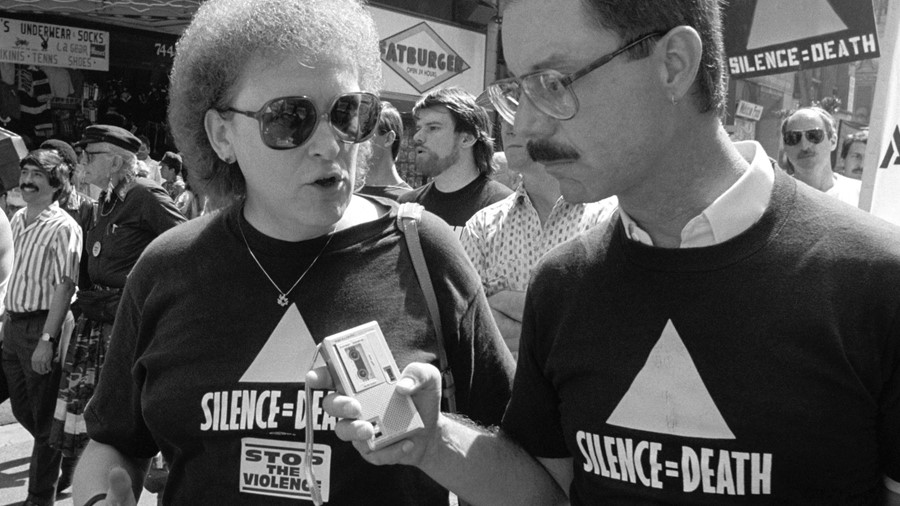This 2021 programme, which is showing digitally this month, celebrates the people and communities who impacted queer history
BFI Flare, London’s LGBTQ+ film festival, is different this year. In the midst of a pandemic that forced queer nightlife venues shut and separated LGBTQ+ people from their chosen families, the festival will be streamed remotely once again. Yet distance presents an opportunity to make BFI Flare even more inclusive. The 2021 edition will include 26 features and 38 free shorts from 23 countries, which will be available to stream for the duration of the festival (March 17-28).
This year’s programme celebrates individuals and communities whose lives have had an impact on queer history and the fight for change. But quiet, personal stories of resistance are told too. The feature films are divided into three thematic strands: Hearts, Bodies and Minds. Unlike last year, the festival’s programmers had time to create an innovative and accessible online schedule. From the longer features to ‘Five Films For Freedom’ – a collection of LGBTQ+ short films from around the world – BFI Flare’s second digital edition celebrates the queer spirit of community, solidarity and defiance that now feels more precious than ever.
Aids Diva: The Legend of Connie Norman, 2021 (lead image)
Living in a pandemic for the last year has prompted reflections and debates about the Aids crisis. It feels like every year that passes new heroes of this difficult chapter in queer history are discovered, and this is proven once again by this fascinating portrait of Connie Norman. As a political activist in Los Angeles, Norman’s own HIV diagnosis spurred her furious rejection of complacency, hatred and denial as Aids brought the queer community to its knees. She is also shown as an early trans rights advocate, speaking out in support of organised activism and solidarity between those persecuted for their gender identity and sexuality, which still exists today.
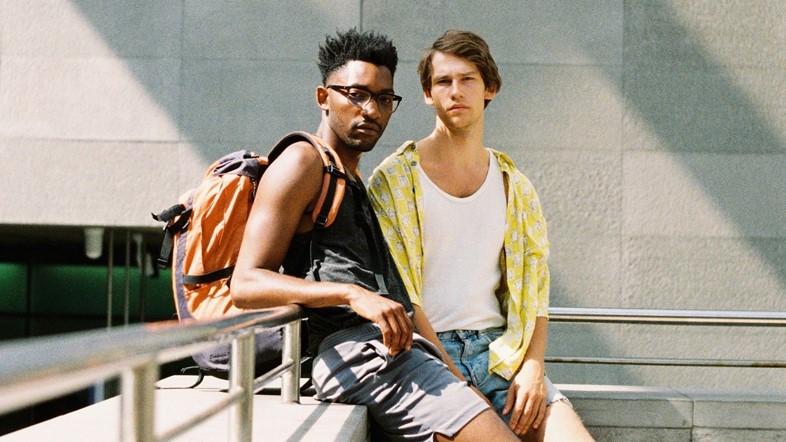
Boy Meets Boy, 2021
Boy Meets Boy captures the euphoria and spontaneity of queer nightlife that many of us miss so dearly right now. The film begins on protagonist Harry’s final day in Berlin, where he has been partying for the last 48 hours. On the dance floor, he shares a kiss with Johannes and the pair end up spending Harry’s final day in Berlin together wandering the streets. Boy Meets Boy is a tribute to fleeting connections: the people we meet (and lose) along the way, which feel like the smallest fragments but stick in our minds. Harry and Johannes’ attraction invites us to question what it truly means to be desired.
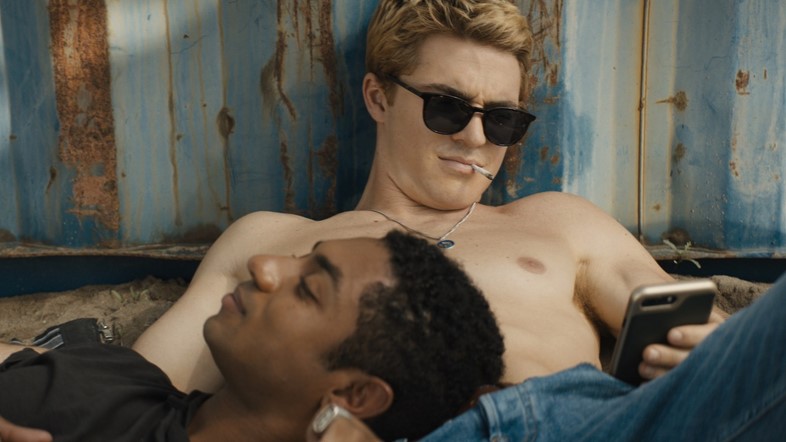
The Obituary of Tunde Johnson, 2019
Over the last year conversations about racial justice have been exactly where they should be: front and centre. After coming out to his parents, Tunde Johnson is the victim of a racist shooting. But instead of dying, he’s repeatedly reincarnated, giving him the opportunity to make different choices that may keep him alive. Tunde is forced to endure the day of his death again and again, sacrificing more of his identity each time in order to avoid the fatal shooting. Featuring graphic scenes of violence, homophobia and racism, the film is a brutal reminder of the constant vigilance Black queer people display on a daily basis to stay safe.
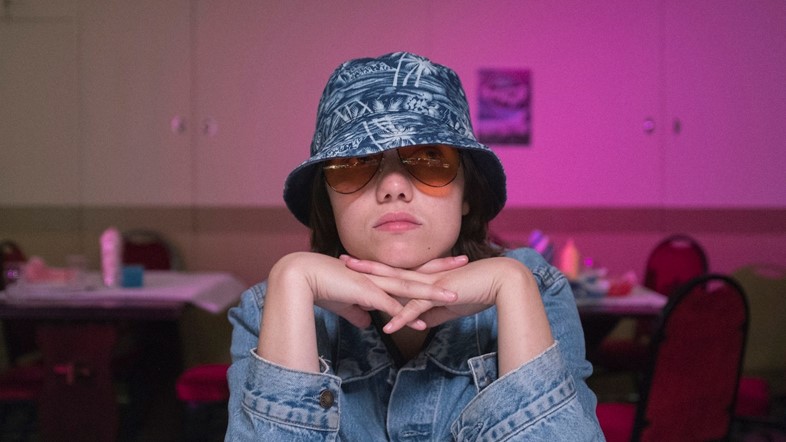
Sweetheart, 2021
Socially awkward teen eco-warrior AJ would rather be anywhere in the world than on holiday with her “unwoke” family. After she got suspended from school, her mother dragged her to the family’s favourite coastal holiday park in Dorset (which doesn’t have wifi). But AJ’s teenage misery is soon cut short when she meets lifeguard Isla, who becomes her first love. The film, and Nell Barlow’s performance, is reminiscent of Elliot Page’s breakout role in Juno, a similarly nostalgic coming of age tale.
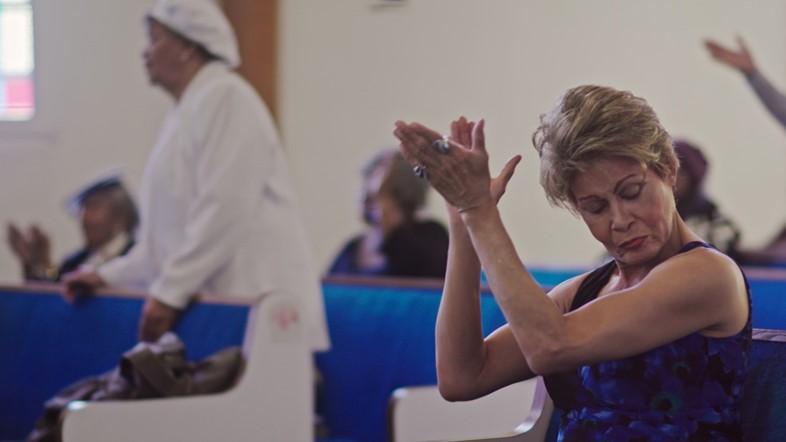
Mama Gloria, 2020
Queer cinema often pays tribute to the chosen family LGBTQ+ people surround themselves with. Feature documentary Mama Gloria follows Gloria Allen, a 74-year-old Black transgender activist who started a “charm school” for homeless trans youth. The school offers lessons on love, make-up and manners that she received from her mother and grandmother. This touching depiction of Gloria’s love for her chosen children is fueled by the love that filmmaker Luchina Fisher has for her teenage trans daughter, Gia. Gloria grew up in Chicago at the time of the legendary drag balls on the city’s South Side and transitioned before the Stonewall uprising. Decades later, Black trans women are still vulnerable to violence and discrimination, which makes Mama Gloria essential viewing.
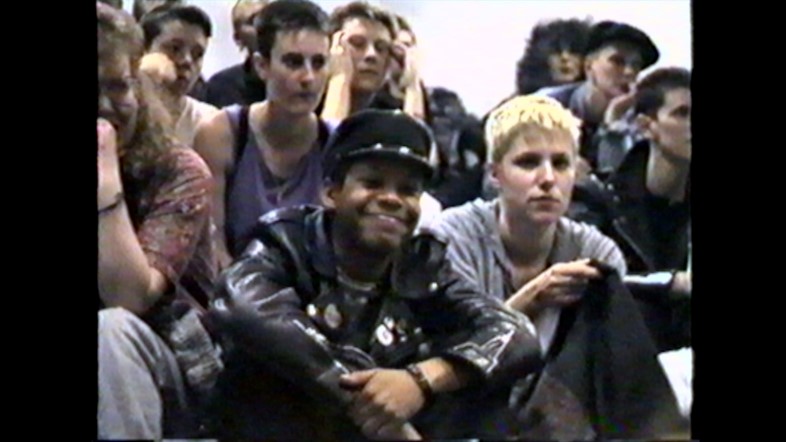
Rebel Dykes, 2019
Rarely does a film’s title so accurately sum up what it depicts quite like Rebel Dykes. The documentary tells the true story of young lesbians who find each other in post-punk London. Using interviews, original music, archival footage, it recreates the lives of this group of friends as they live chaotic and politically charged lives. The dykes fight for inclusive, sex-positive feminism, starting sex and fetish clubs, and finding ways around Tory anti-porn laws. They abseil into the House of Lords to protest the anti-gay policies of Section 28 and defiantly oppose Thatcher’s agenda at every turn. Rebel Dykes is a tribute to the movements which came before those of today, but are still burning bright in today’s young queer people.
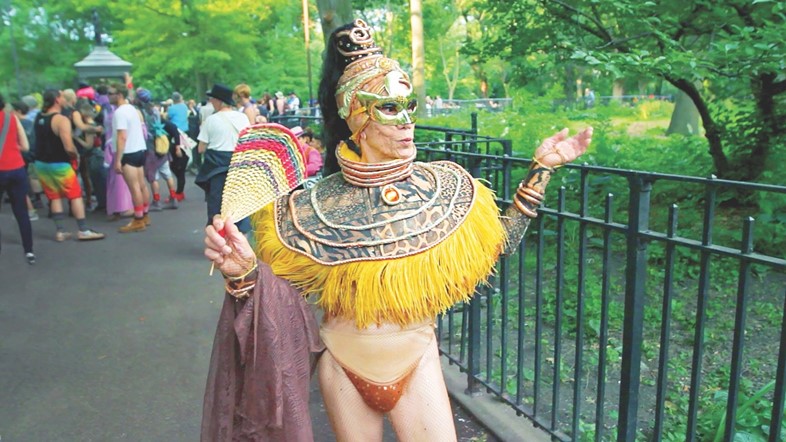
P.S. Burn This Letter Please, 2020
Continuing the theme of rebellion that’s ever-present at BFI Flare is P.S Burn This Letter Please. In 2014, a cache of letters written by 1950s New York drag queens was discovered. Incredibly, the writers of these letters are still alive and in their 80s and 90s. Filmmakers Michael Seligman and Jennifer Teixeira tracked them down, and this film is their story. At this time, long before the Stonewall uprising of 1967, New York’s queer community lived on the fringes. Their lives were vibrant, despite the police’s attempts to break them. The stories of this incredible generation of queer New Yorkers take us back to a time when gay and trans people had to be almost invisible. The letters were never burned, but they blaze a bright trail of survival.
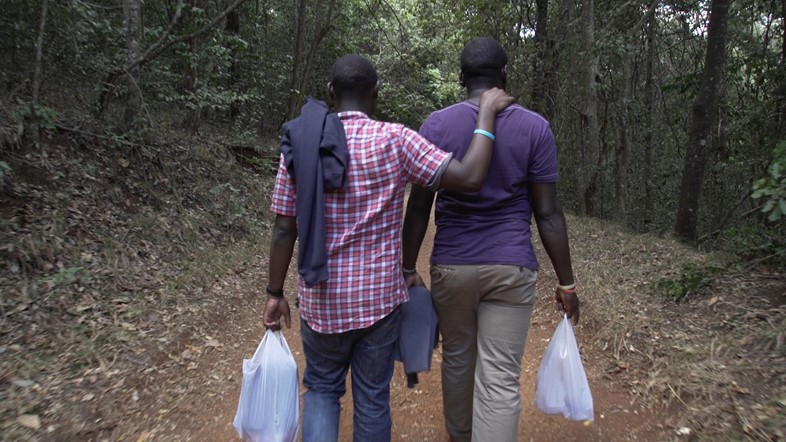
I Am Samuel, 2020
I Am Samuel is an intimate and life-affirming love story between two Kenyan men. Filmed over five years, the film follows Samuel, a queer man who is the son of a pastor. He is torn between what his family wants for him and his dreams for his future. After moving to Nairobi, Kenya’s capital, Samuel falls in love with Alex and finally feels like he truly belongs. Their love thrives in the face of the Kenyan laws which criminalise anyone who identifies as LGBTQ+. Despite threats of violence and rejection, Samuel and Alex juggle co-existing worlds, searching for acceptance in both.
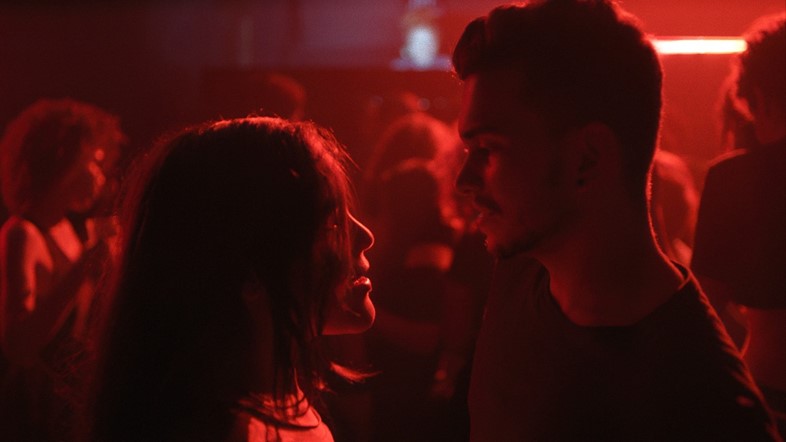
Valentina, 2020
Films that follow queer people who put down roots elsewhere and find a new place to belong are a theme at this year’s festival. Valentina, a 17-year-old girl, moves to the countryside of Brazil with her mother for a new start. To avoid being bullied in her new school, Valentina tries to enrol with her social name and hide the fact that she is trans. Yet this plan is thrown into jeopardy. The film has been in the works since 2013 but is especially timely given the viciously anti-LGBTQ+ agenda of Brazil’s far-right government. Against this backdrop, Valentina is a timely story of quiet defiance and courage.
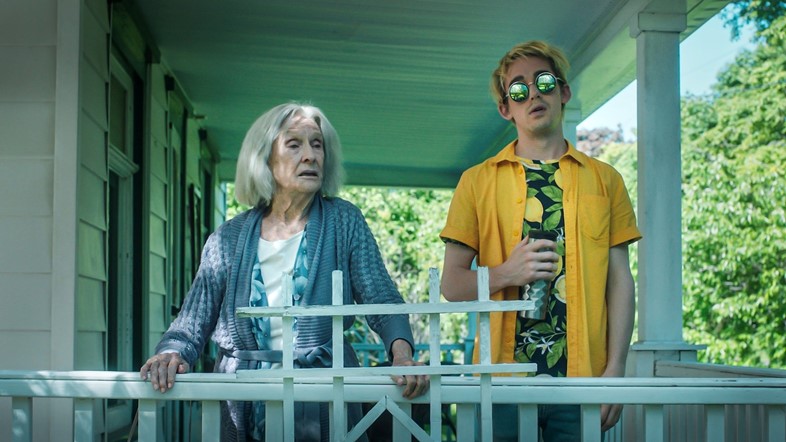
Jump, Darling, 2020
Like many people, struggling actor Russell finds himself approaching 30 and wondering if the dreams of his youth will ever come true. In search of new excitement, takes up drag, which causes tension with his conservative businessman boyfriend. To give the couple some space, as life appears to be driving them apart, Russell goes to live with his grandmother Margaret. He quickly realises, though, that she is at her own crossroads, with old age diminishing her razor-sharp humour. Queer films often celebrate the chosen family marginalised people create for themselves. But Jump, Darling explores an intergenerational relationship between a gay man and his gran with humour, intricacy and warmth.
